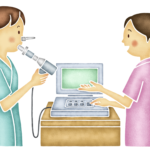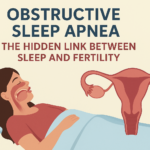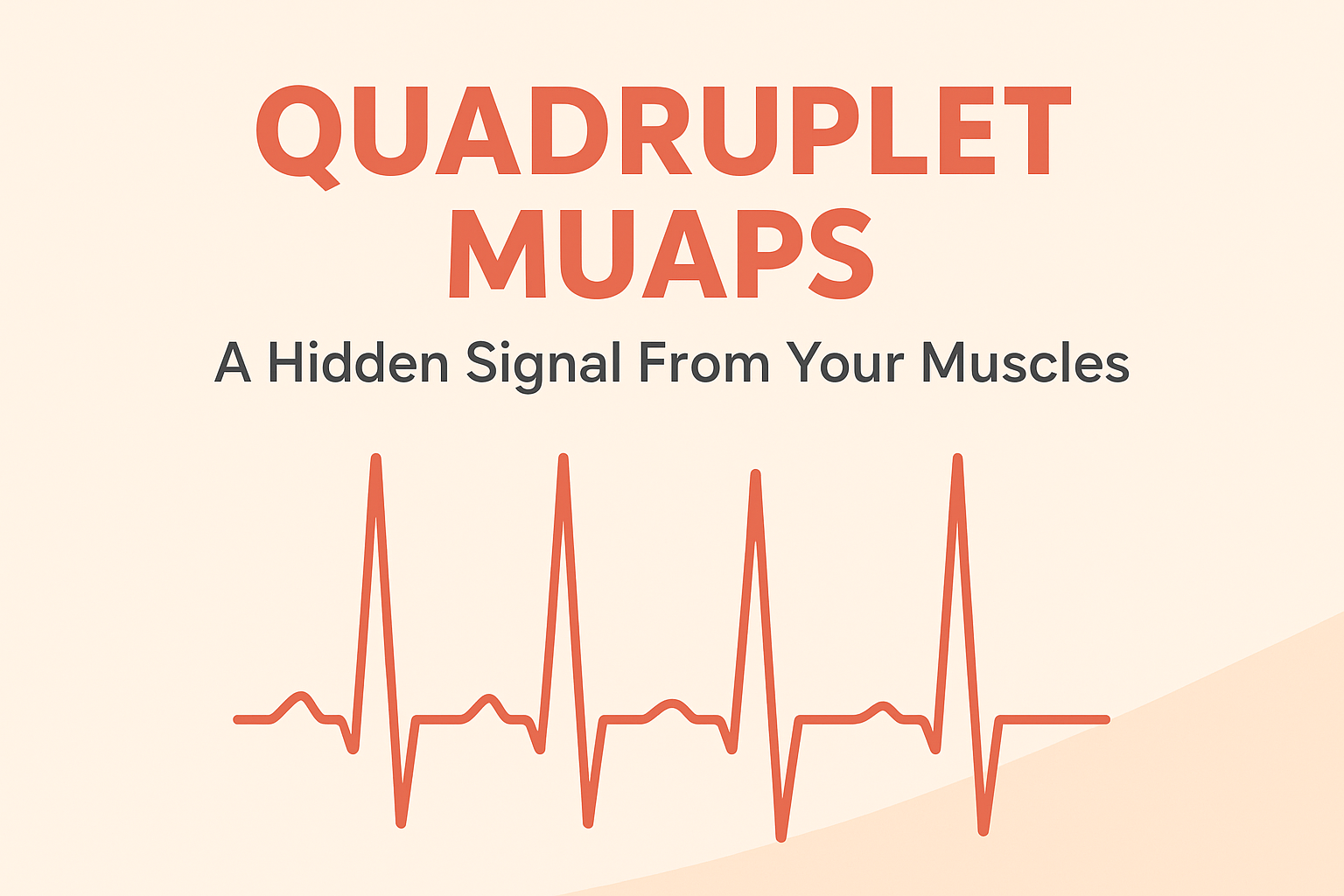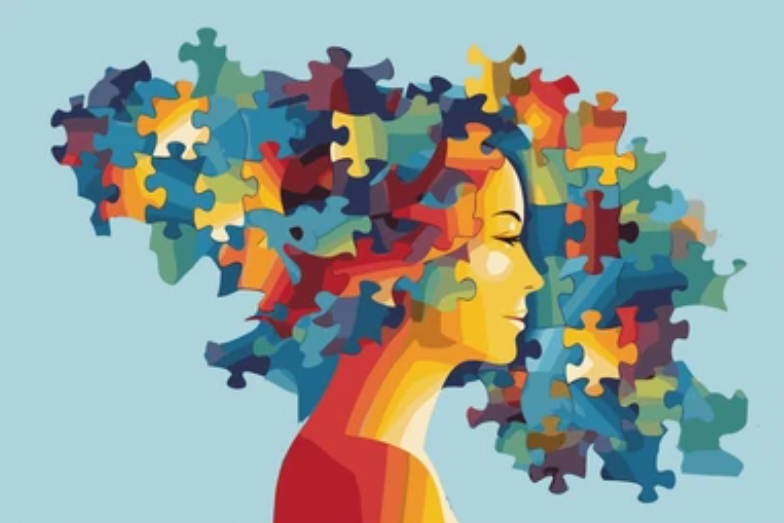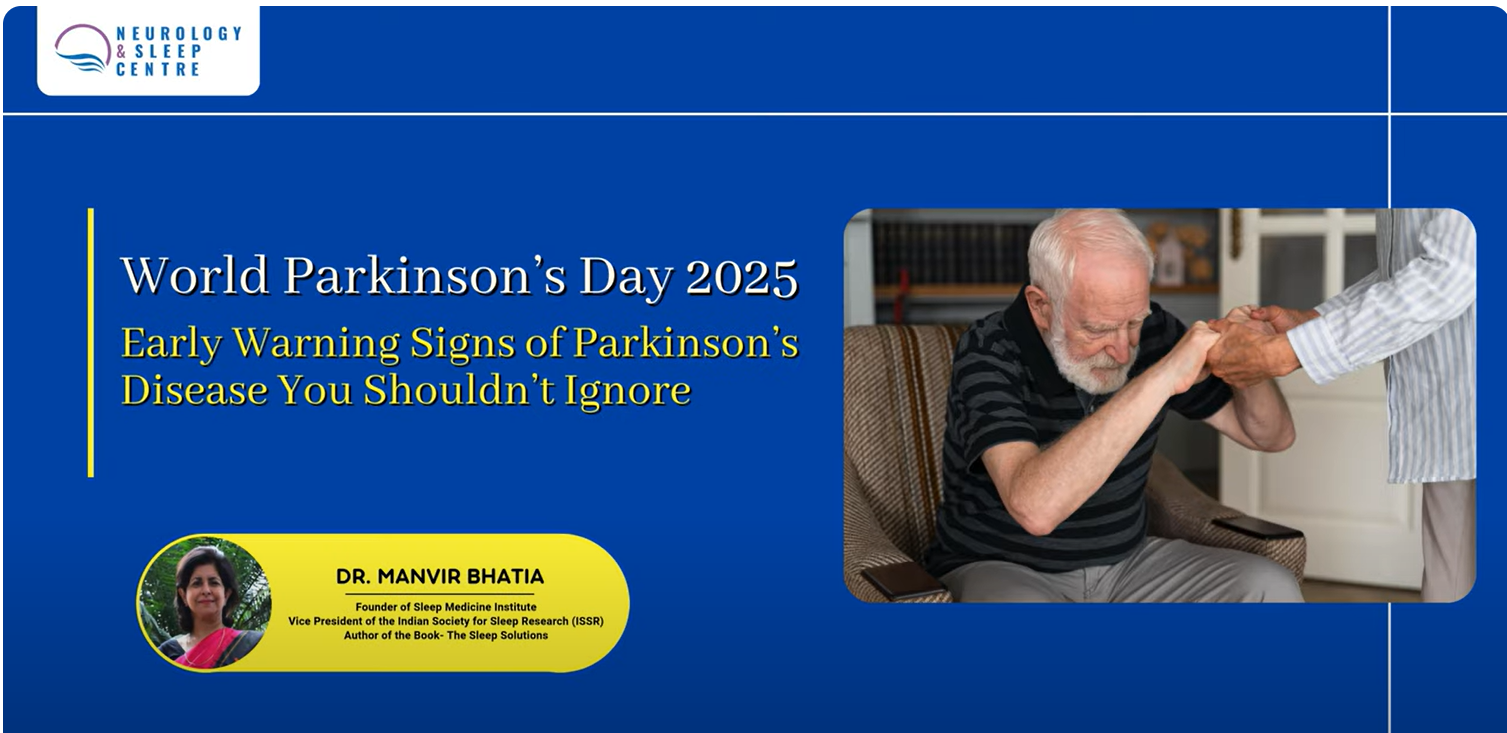August 20th, 2020 || Dementia, Diagnosis By Dr.Manvir Bhatia & Saunri
How common is Dementia Disease and Dementia Symptoms?
In 2015, the National Health Portal of India reported that 2.7 % of the population of India, above the age of 60, and 20% of the population over 80 experienced dementia disease. Life interventions such as diet and nutrition, cognitive training, physical exercise, etc are more effective when started early and delay the onset of dementia symptoms. Hence, Older adults should undergo cognitive assessment on a yearly basis to check for dementia symptoms.
Look out for Early Dementia Symptoms!
Dementia is not a normal part of aging. Early signs of dementia disease are most often seen by close relatives, family, or friends. Some of the dementia symptoms may include:
- Loss of short term memory: It is one of the most visible dementia symptoms. A person may distinctly remember an event in their life almost 40 years ago but would forget where they went for a walk a day ago.
- Loss of language skills: People suffering from dementia disease may find it difficult to choose the right words to express themselves and may also lose the ability to write well.
- Difficulty in performing everyday tasks: Due to loss of cognitive skills, the person with dementia disease may no longer able to make decisions very well, and may lose the ability to perform everyday tasks such as cooking food with the right ingredients.
- Loss of sense of direction: One of the dementia symptoms is the loss of sense of direction and hence he/she may get lost easily, and find it difficult to get back home, even on a familiar route.
- Repetition of words or tasks: A person with dementia disease may repeat words or phrases and even ask the same question multiple times in the same conversation.
Clinically diagnosing dementia
If one notices dementia symptoms, he or she or their family members should not hesitate to consult a doctor, who will prescribe or conduct the following tests:
- Physical tests that include blood tests that look for vitamin deficiencies, thyroid function tests, blood pressures, etc. In some cases, the cerebrospinal fluid may also be tested.
- Neurological tests that include tests that will help understand the reflexes of the patients, the hand-eye coordination, speech, etc which gets disturbed in dementia disease.
- Mental Status tests involve tests that will check the memory of the patient and the ability to perform simple tasks to check the cognitive status and decline of the patient with dementia symptoms.
- Brain Imaging such as MRI scans, CT scans, etc to get a clearer look at the brain, and see for any specific damage in the various regions of the brain. These tests can help you find whether the dementia disease is due to Alzheimer’s Disease or whether it is due to a stroke, or a tumor, etc.
In conclusion, as one crosses the age of 60, he/she themselves as well as their close relatives and friends need to actively lookout for the signs of dementia disease. If one feels that they may be showing early dementia symptoms, they must not hesitate to consult a doctor regarding it. If medication and lifestyle change is started during the early stages, people with dementia disease will be able to live more fulfilling lives.
To seek help or know more about dementia symptoms and why you should watch out for them, you can visit the Neurology and Sleep Centre, the 1st sleep centre in the country accredited by Indian Board of Sleep Medicine at L-23, Hauz Khas Enclave, New Delhi, Delhi-110016 (INDIA)
Or give a call on +91-11-46070321, +91-9643500270
Or write toinfo@neurologysleepcentre.com
Follow us on Facebook- https://www.facebook.com/neurologyandsleepcentre
Instagram- https://www.instagram.com/neurology_sleepcentre/
YouTube- https://www.youtube.com/channel/UCi-Ryiwiw5md-mkTVTXoJiw?view_as=subscriber





